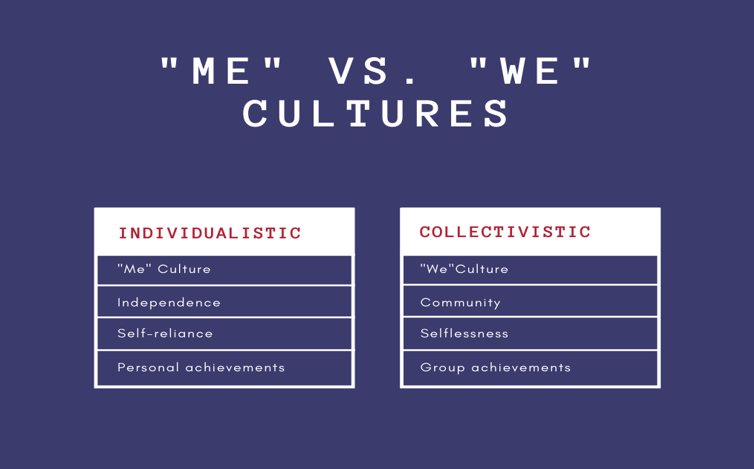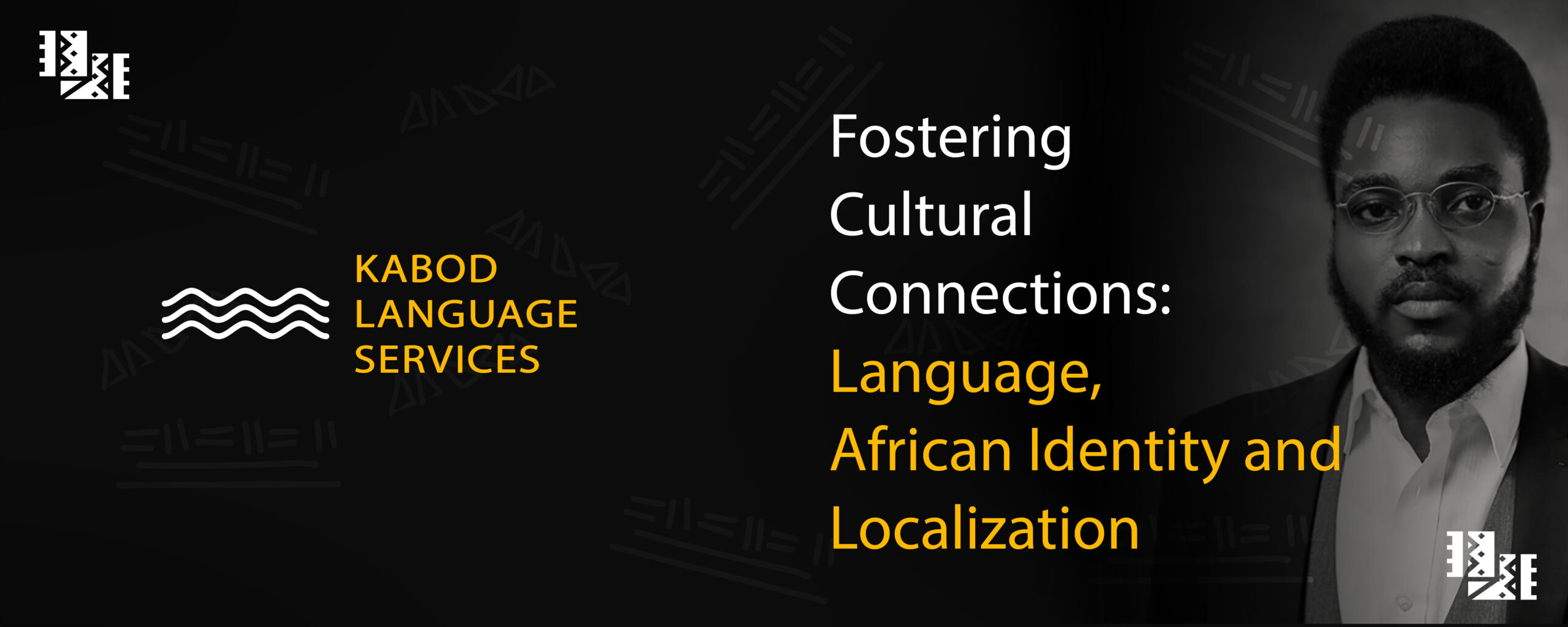By: Martinien Afangbedji, Head of Language Services
Introduction
Have you ever considered the intricate relationship between language and cultural identity? Well, understanding the crucial link between African identity and language is not only an academic pursuit but a practical necessity for businesses engaged in localization practices.
By recognizing and embracing the diverse linguistic landscape that shapes African identity, we can effectively localize content, software, and websites into African local languages. In this article, we explore the dynamic interplay between language and African identity, highlighting its significance for localization practices.
- The expressive power of language in reflecting cultural values and worldviews
African languages are fascinating in their ability to reflect cultural values and worldviews in concrete and practical terms. One practical example of how language reflects cultural values and worldviews is the Eʋe language, which is mainly spoken in West African countries such as Ghana, Togo, and Benin. As an African language, Eʋe has a unique vocabulary that reflects specific cultural practices, beliefs, and traditions.
For instance, did you know that most African languages, including Eʋe, do not have a direct translation for the word “homosexuality”? This is because the concept of homosexuality is not viewed as a distinct identity or orientation in certain cultures.
In other cases, the use of certain concepts, such as “privacy” or “individualism” may not be applicable in all African cultures, as community and collectivism are highly valued, and individualism is not as prominent in many African societies as in Western cultures. These linguistic nuances demonstrate how language serves as a mirror for cultural identity, shaping and reinforcing the values and customs of African societies.

- Creating a Shared Understanding through Linguistic Nuances
Within African communities, language plays a crucial role in creating a shared understanding of cultural values and practices within a particular community. Take, for example, the Zulu language of southern Africa, which has a rich vocabulary to describe cattle. This is because cattle are not just a source of food and income for the Zulu people, but also a symbol of status and wealth. In Zulu culture, the size of a man’s kraal (cattle enclosure) is often used as a measure of his wealth and social status.
This is reflected in the Zulu expression umnumzane ubonakala ngesibaya sakhe which means “the man’s social status is seen by the size of his kraal.” This example illustrates how the Zulu language reflects and reinforces cultural values and practices, and how it can help to reinforce a sense of identity and community among its speakers.
- Linguistic Features that Shape African Identity
Examining the Yorùbá language of Nigeria, we uncover a complex system of greetings that reflect the importance of respect and social hierarchy in Yorùbá society. By using these unique linguistic features, African communities are able to express their cultural values and worldviews in a way that is both practical and meaningful.
In Yorùbá, a common way to express “Best regards” as an email closing remark would be Ẹ kú àbọ̀, which literally translates to “Peace be with you.” This greeting reflects the Yorùbá value of peaceful coexistence and mutual respect, and serves as a reminder of the importance of maintaining harmonious relationships with others. For businesses engaged in localization, understanding and incorporating such linguistic nuances are essential to resonate with local audiences and foster meaningful connections.
- The Crucial Role of Language in Shaping African Identity
Language plays a crucial role in shaping African identity, due to its impact on various aspects of African life. By recognizing its significance, businesses can navigate the intricacies of economics, politics, democracy and human rights on the continent.
Additionally, embracing the multilingual heritage of Africa enhances our understanding of African identity and enriches research and teaching activities in African Studies institutions worldwide. Incorporating multilingual perspectives enables a more comprehensive exploration of the cultural and historical contexts that shape African identity.
- Connecting Language, African Identity, and Business Relevance
Language is a key factor in understanding local and Diaspora African identities. Recognizing the importance of language in African development and engagement with the world is essential for businesses and language professionals.
By understanding the role of language in African identity, businesses can offer superior language consultancy and localization services, catering to foreign clients seeking to adapt their content to local languages. This connection between language, African identity, and business serves as the driving force of Kabod Language Services (KLS) and empowers us to provide relevant and valuable services to our target audience.
By recognizing the interplay between language, African identity, and business relevance, we (at Kabod Group) have successfully implemented strategies to deliver superior language consultancy and localization services to our clients. Understanding the importance of language in African identity, we conducted thorough research on specific target markets in each region. We identified key languages spoken in various African countries and recognized the significance of localization for successful market penetration.
To cater to the diverse African identity and linguistic landscape, Kabod employed a team of skilled translators and cultural experts who were not only fluent in the target languages but also deeply familiar with the local customs, values, and beliefs. This ensured accurate and culturally relevant translations that resonated with the target audience, strengthening the company’s connection with local communities.
Moreover, Kabod’s understanding of the intricate relationship between language and African identity enabled them to go beyond mere translation. We incorporated localization strategies that accounted for linguistic variations, dialects, and idiomatic expressions, ensuring the adapted content felt natural and native to each African market. This attention to detail in localization contributed to a more immersive and engaging user experience, fostering stronger connections between the brand and its African customers.
Through our commitment to understanding the role of language in African identity and its impact on business relevance, We have successfully positioned ourselves as a trusted partner for companies seeking to localize their content and engage with African markets. Our practical approach demonstrates how embracing the connection between language, African identity, and business can lead to effective localization strategies that drive growth and enhance customer experiences in Africa.
Conclusion
In conclusion, the role of language in African identity is complex and multifaceted. African languages are not just a means of communication, but also carry with them the history, customs, and beliefs of the people who speak them. By acknowledging this symbiotic relationship between language and identity, businesses and language professionals can unlock opportunities for growth and success. Embracing the richness and diversity of African identity through language not only enhances localization practices but also strengthens connections within and beyond the African continent.




